People are surrounded by textiles and use them every day, often without realizing it. From brushing their teeth in the morning (toothbrush) and showering (towel, washcloth, and loofah) to getting dressed (clothing), to driving their cars (tires, upholstery, sound absorbing materials, airbags, seatbelt, floor mats, and engine systems protective components, composite car panels), and cleaning (vacuum cleaner bags, wipes, rags) textiles play a role in the often mundane tasks of life. They also play a role in more exciting events, such as wound care (bandages, cleaning wipes), medical necessities (gowns, drapes, hernia mesh, artificial arteries), and in the sports world (netting at golf courses, soccer nets, lacrosse stick netting, tennis ball felt, performance apparel and footwear). The average American uses about 80 pounds of textiles a year, often unnoticed. The textile industry needs people to design, test, produce, and source materials for these applications, but has struggled to find young people to enter the industry. In an attempt to introduce young people to the textile industry, faculty in the School of Design & Engineering at Thomas Jefferson University collaborated with personnel at Tenneco’s Systems Protection Group in Exton, PA, to set up a shadowing program for two high school students for two days in July 2025. The students, a rising senior and a rising junior, from Twin Valley High School shadowed different employees of Tenneco’s Systems Protection Group in Exton, PA. These students learned about textile engineering, the process of making products from fibers, yarns, and fabrics, and mechanical engineering in the form of modeling material behavior, as well as quality control processes and the relevance of intellectual property in regards to development of processes and products. Feedback from the students was positive, they came away from the experience with a better understanding of textiles and the processes involved in making them. This collaboration between industry and academia to expose young people to textiles was deemed a success, and the university will look at expanding this program with Tenneco and industry contacts in other areas in the future.
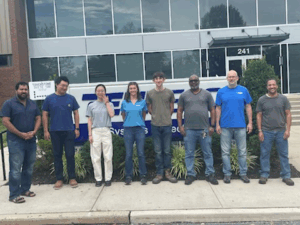
Students (center) and some of their shadow mentors at Tenneco.
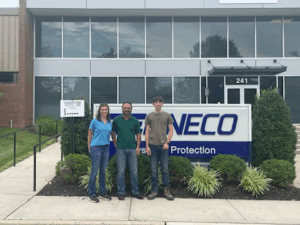
Students and Ritesh Mehbubani, who arranged for the shadowing experience at Tenneco.
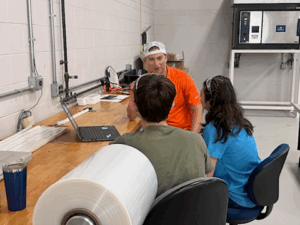
Students learning about design of systems protection textile materials.
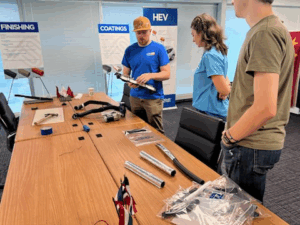
Students learning about different applications of textiles for automotive applications.


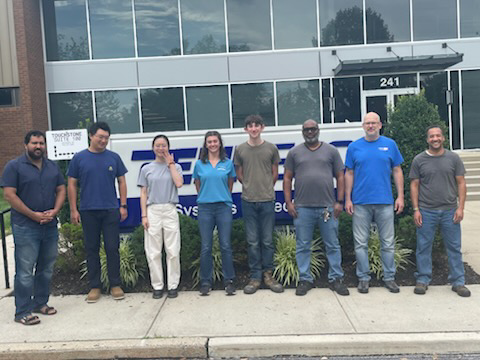
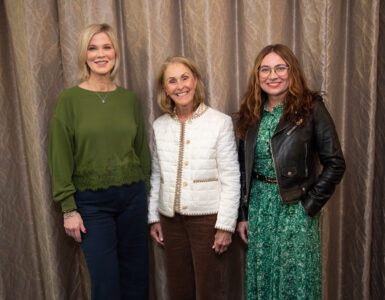
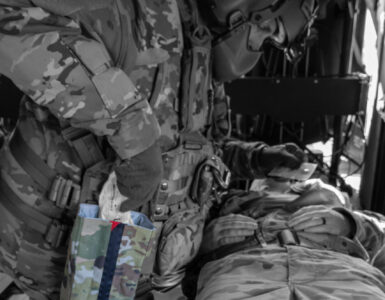
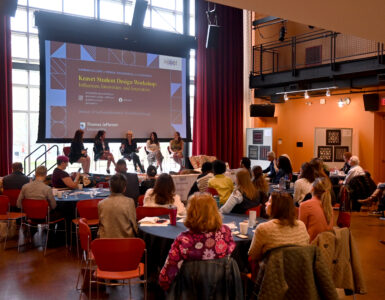

Add comment